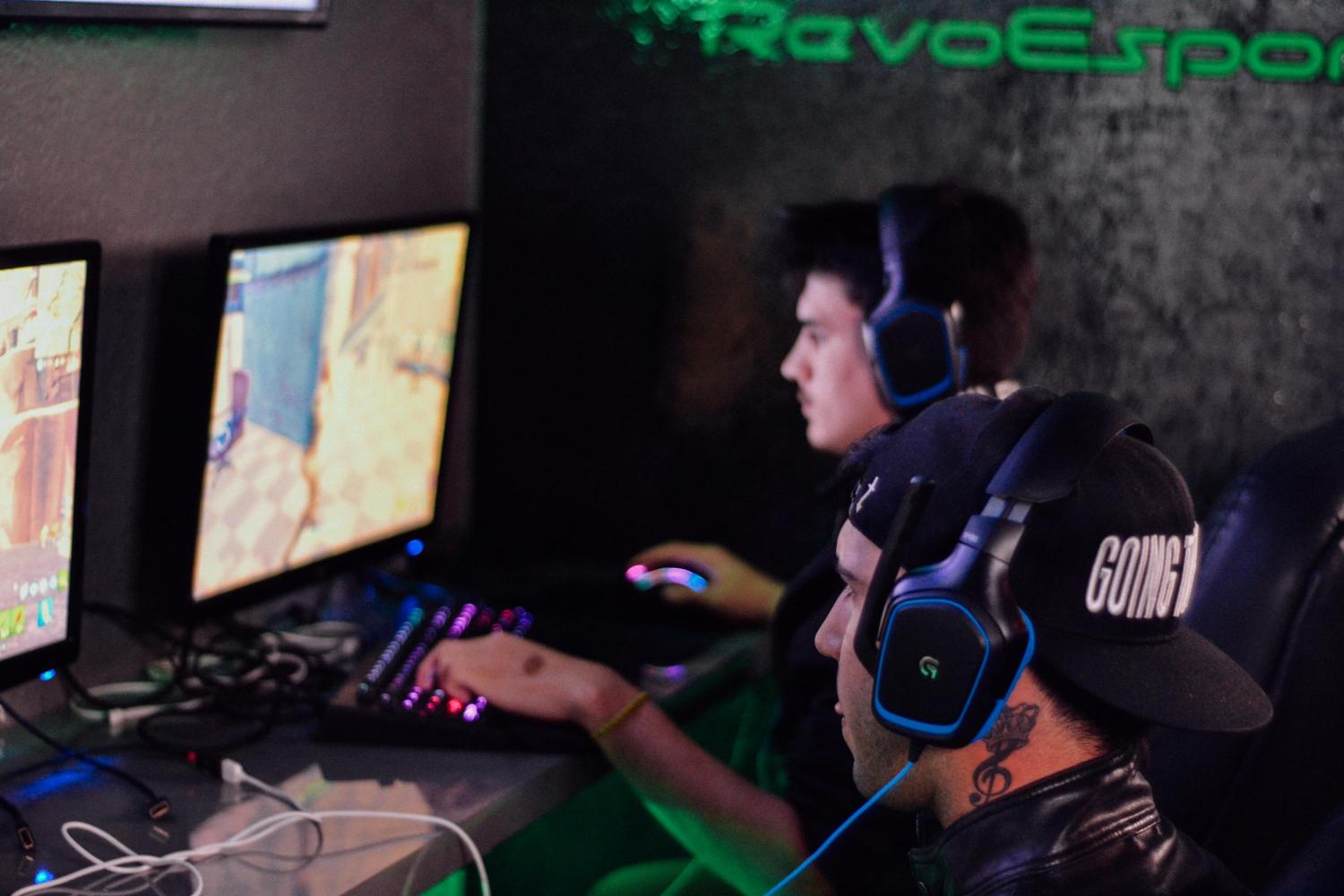
Remember when Roseanne Barr lost her job last year after a late-night racist Twitter rampage, which resulted in ABC firing her from her show's reboot? Barr blamed her use of the prescription sleep aid Ambien for her behavior, but the drug’s manufacturer, Sanofi, was having none of it. Someone alert at the social media controls of Sanofi tweeted, “While all pharmaceutical treatments have side effects, racism is not a known side effect of any Sanofi medication.”
It was a great moment for the pharmaceutical industry, of which the sector has had few in recent years considering all the sordid stories and litigation in which many in big pharma find themselves mired.
The video game industry could use a Sanofi moment.
In the wake of the tragedies that occurred in El Paso and Dayton, plenty of politicians, including the U.S. president, have directed much of the blame at video games. Many of these companies’ publicly-traded stocks dropped this Monday after leaders including U.S. House Minority Leader Kevin McCarthy tied last week’s violence to gaming.
There’s no shortage of research that has shown that there are no links to video games and violence akin to what to caused over 30 deaths last weekend. Mind you, this is an old argument: in the early 1940s, New York City Mayor Fiorello LaGuardia blamed pinball machines for a bevy of social ills. Fast forward several decades, and the record shows that academic studies, like this one published earlier this year, have confirmed that no matter how violent video games may be, there is no link to aggressive behavior.
But that stubborn argument persists, even though simple logic dictates that video games are found in almost all countries on earth – but none has the level of gun violence to the degree that the U.S. has. Plus, as a 2015 Pew Research Center study pointed out, video games are enjoyed by all genders, ethnicities and races.
Yet as an industry, the video game industry has largely been silent and has allowed various leaders define its impact on society. A quick review of leading gaming companies, including Ninendo, Activision Blizzard, Namco, King Digital and even Zynga (okay, well they are the Farmville and Words with Friends people), don’t reveal a peep – either on their site or in emailed statements disseminated to writers, journalists or bloggers. The same goes for Microsoft and Sony.
One could argue that speaking out only puts these companies, executives and employees in an uncomfortable position as they are no longer above the fray. Plus, these accusations have gone on for years, but U.S. consumers still buy and play video games.
But food and beverage companies have long fought back against accusations, and scientific evidence, that their products can have a negative impact of public health. We’ve watched pharmaceutical companies dodge responsibility for the opioid crisis. Giant tech firms have also been vocal in countering criticism that their business practices led to the manipulation of U.S. elections.
One of the view gaming industry executives to push back is the CEO of Take-Two Interactive’s CEO, Strauss Zelnik. During an interview Monday with Barron’s, Zelnik, who is at the helm of the company who has given us Grand Theft Auto, said:
“We’re just sickened and saddened by these senseless tragedies. That said, blaming entertainment is irresponsible. Moreover, it is highly disrespectful to the victims and their families. The fact is entertainment is consumed world-wide...but gun violence is uniquely American. So we need to address the real issues.”
Like several of its publicly-traded competitors, Take-Two’s stock took a hit shortly after the president’s statement about the El Paso and Dayton shootings, only for it to have rebounded and recovered any losses as of press time.
And no, so far we haven’t seen any ties between Grand Theft Auto and violence.
The bottom line is that the video game industry has science, academia and common sense on its side. These companies’ leaders could do a society a favor by pointing out the facts – and in turn urging politicians to redirect their focus on solving this massive problem, instead of deflecting blame and gaslighting the U.S. public.
Join us at 3BL Forum: Brands Taking Stands – What’s Next, at MGM National Harbor, just outside Washington, D.C., on October 29-30, 2019. The two-day event will continue our newly established tradition of bringing corporate leaders together on a fast-paced main stage, keenly focused on the ‘why’ and ‘how’ behind their thinking as we navigate a rapidly changing business environment. Receive a 25 percent discount using this code PUNDIT2019AUGUST when you register here during the month of August, 2019.
Image credit: Alex Haney/Unsplash

Leon Kaye has written for 3p since 2010 and become executive editor in 2018. His previous work includes writing for the Guardian as well as other online and print publications. In addition, he's worked in sales executive roles within technology and financial research companies, as well as for a public relations firm, for which he consulted with one of the globe’s leading sustainability initiatives. Currently living in Central California, he’s traveled to 70-plus countries and has lived and worked in South Korea, the United Arab Emirates and Uruguay.
Leon’s an alum of Fresno State, the University of Maryland, Baltimore County and the University of Southern California's Marshall Business School. He enjoys traveling abroad as well as exploring California’s Central Coast and the Sierra Nevadas.














